For a quick visual demonstration on the importance of using focused landing pages for Google Ad-word Campaigns, watch this minute video.
After you have finished watching the video, read the article below to understand the value of using a Landing Page to convert visitors to leads on your website.
Landing Page Video and Google AdWord Campaigns
A “Contact Us” button with a visitor information form works well for someone familiar with your business who has arrived at your website by directly typing in your address. Essentially they know who you are and want what you offer. They would be considered a “hot lead” in sales terminology.
But what about visitors arriving at your website either through a search engine, an ad you are paying for, or a social media link you created? Even if your website is aesthetically appealing, visitors arrive at your website looking for something specific. So you need to make it very easy for them to find it. When you create a landing page that is focused on what a visitor came for, you increase their interest in what your website has to offer. More visitors to your website will be willing to give you their contact information on an information form when they arrive at a place they are looking for. Make sense?
Let me illustrate: Joe Smith goes looking for a gallon of non-fat Milk that he needs for his children. The Seattle Seahawks’ kick off is starting in 10 minutes. When Joe arrives at the market there is also a convenience store right next door.
As he looks into the market he sees a coffee bar, a bakery, a candy rack, and a woman demonstrating a juicer but no milk in sight. He looks at the convenience store and sees milk for sale visible right from the door. Where do you think Joe is going for milk? Remember, Seahawks in 10 minutes!
While this may be a simplistic illustration, statistics tell us that many visitors leave a website in less than 20 seconds when they don’t see what they are looking for right away.
I know what you are thinking…. “How do I have a great-looking website without looking like a convenience store?” That is where a landing page comes in. What if the store manager knew what Joe was looking for before he arrived at the market? Through search engines, Pay Per Click ad campaigns, and social media links back to your site, you can know what people are searching for and send them right to the relevant page on your website!
So in this illustration, the store manager would make it easier for Joe to find milk right at the front door with a clear path and signs to the milk. That is what a focused landing page will do for your website—visitors will quickly know that you have what they came for.
Here is an example:
Someone searches for “depression therapy Portland Oregon” on Google’s search engine (see example below)
As part of the 436k results, a Google AdWord ad is offered from SE Portland Therapist (see below). Notice this Portland Therapist does not have the word “depression” as part of the ad. A step one fail in my opinion….

But a competitor right below does include the keyword as part of the ad (see below).

When I click on the ad for SE Portland Therapist I arrive at the home page (Alec Wilson, PsyD) with all the services offered.
There is another page dedicated to depression therapy in the menu, but I was not taken to that page from the ad.
The page on depression would have been the logical place to take someone looking for depression therapy.
Instead the homepage is used as the catch-all landing page.
Also, the address and phone number are listed in an image at the top left of the screen and also at bottom of the page.
This is difficult to see, especially on a mobile browser.
If I want to contact them, I have the option to open my email program and send a request for an appointment, or to call the phone number that is difficult to read.
Notice the competitors’ ad right below the Oregon Therapist called “Depression Therapy.”
They included my keyword “Depression” in the ad.
When I click on the ad I am greeted by a specific landing page (Stacie Crochet, LCSW) describing the therapy for depression this practice offers.
Notice the word “Depression” is in a large font and easy to read.
They also included an image associated with my search for Depression Therapy.
Website statistics demonstrate a keyword focused landing page converts visitors to leads far better than a homepage or contact us page.
Also, keep in mind your landing page should be mobile responsive and have the important information at the top of the screen for smaller screens like tablet and mobile computers.
While I encourage using your native WordPress theme to develop your own landing pages, here are some alternative resources and how-to articles on creating landing pages you can use. They are not cheap but could save you some time.











